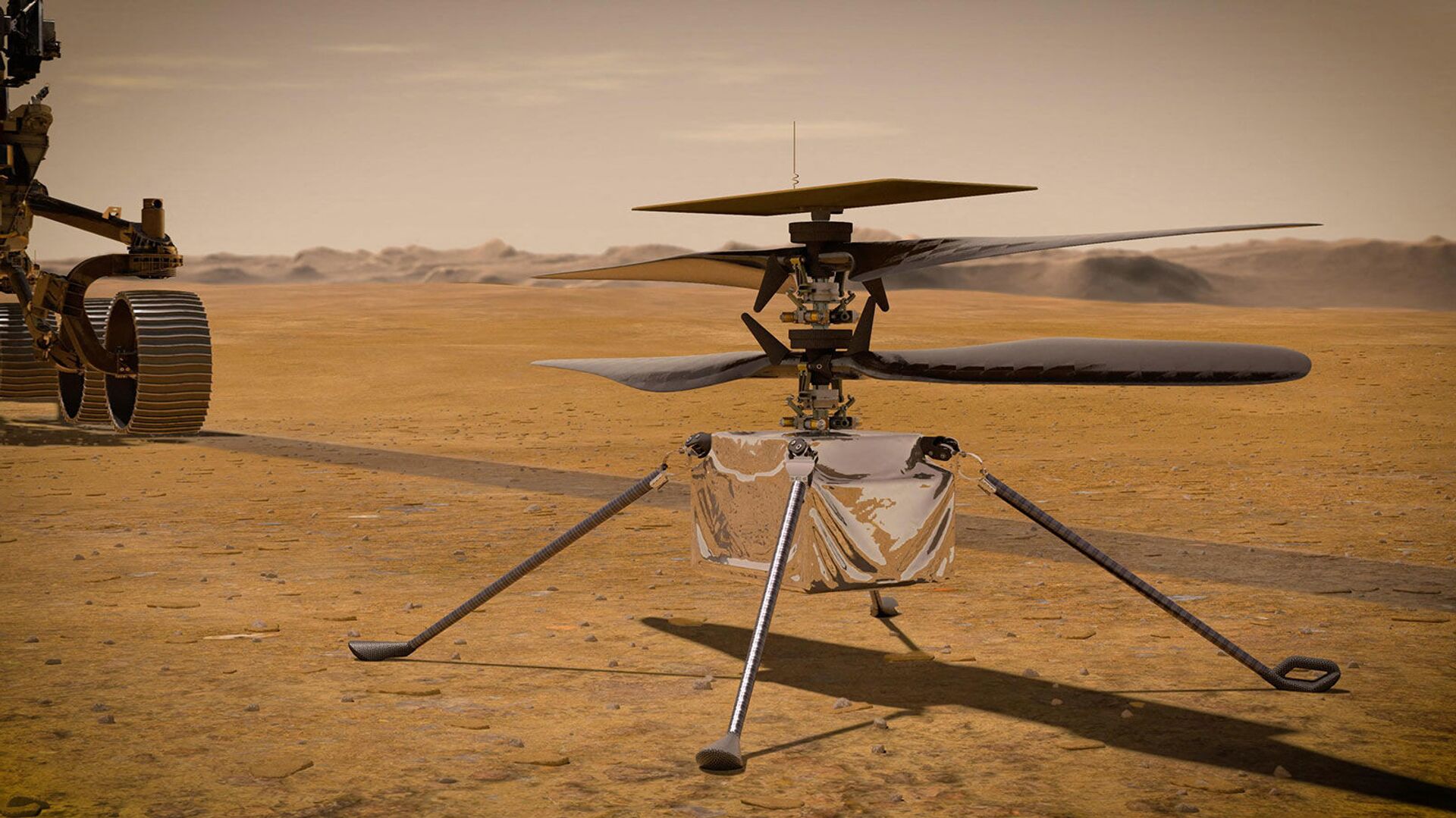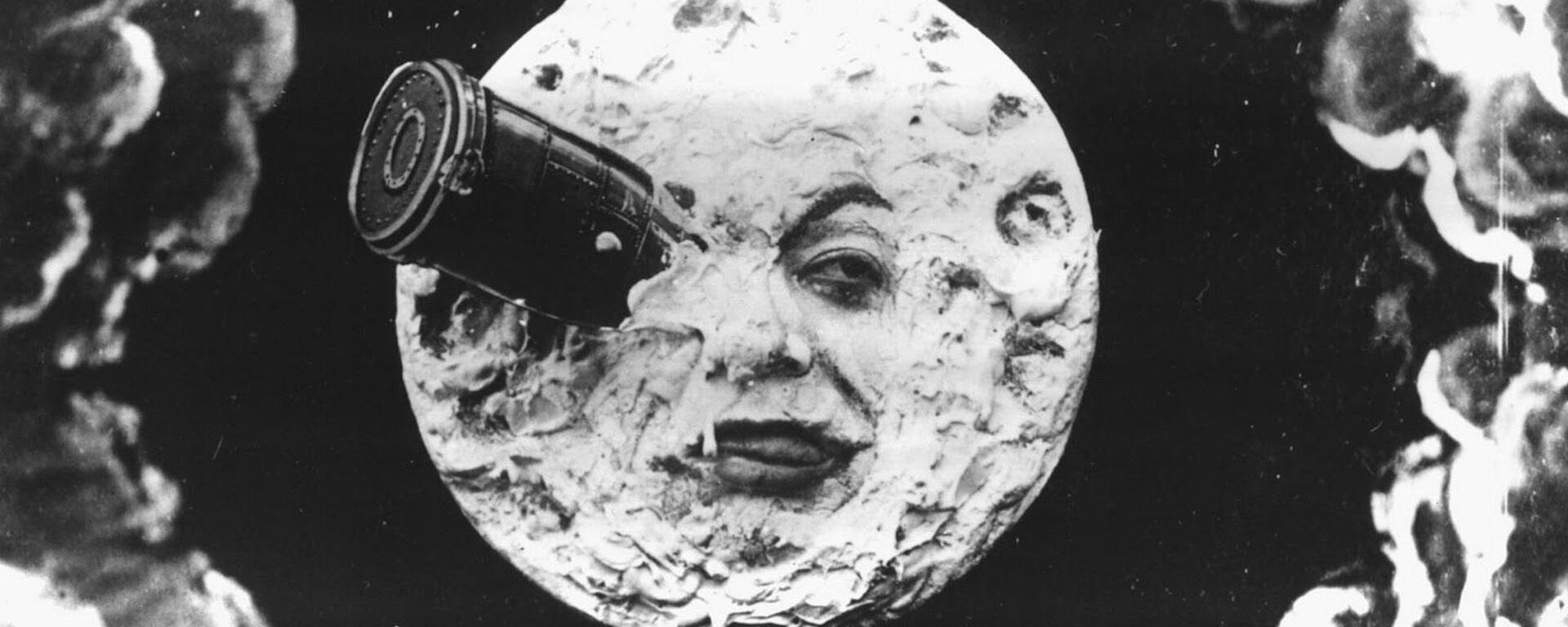Senate Budget Proposal Offers NASA Just One-Third of Mars Sample Return Mission's Funding

© AFP 2023 / NASA/JPL-Caltech/MSSS
Subscribe
A key space exploration mission has been placed in jeopardy after the US Senate proposed to gut its funding in the coming fiscal year.
In its latest appropriations bill for fiscal year 2024, the US Senate Appropriations Committee said the US space agency NASA would have to prove it can curb the rapidly expanding cost estimates for the Mars Sample Return (MSR) mission.
“The Committee is alarmed that despite Congress providing the full request for this mission in prior years for a total of $1,739,000,000, the expected launch schedule continues to slip and the increasing fiscal and human resources devoted to MSR is causing NASA to delay other high priority missions across the Science Mission Directorate [SMD],” the bill reads.
“The Committee has significant concerns about the technical challenges facing MSR and potential further impacts on confirmed missions, even before MSR has completed preliminary design review,” it adds.
Accordingly, the Senate offered NASA just $300 million in funding for the program in 2024 - less than one-third of the $949 million the space agency had requested.
The bill further notes that NASA will be required to submit within 180 days a “year-by-year funding profile” for the MSR mission that is under the $5.3 billion lifecycle cost estimated by the 2022 Planetary Science Decadal Survey, a vision statement prepared for lawmakers by NASA and the National Science Foundation about key space science projects for the coming decade.
“If NASA is unable to provide the Committee with a MSR lifecycle cost profile within the $5,300,000,000 budget profile, NASA is directed to either provide options to de-scope or rework MSR or face mission cancellation,” the bill concludes.
The proposed mission would dispatch an unmanned spacecraft to land on Mars by 2028, collect several samples, and send them up to another craft waiting in Mars orbit, which would return the samples to Earth by the mid-2030s. The project is a joint effort between NASA and the European Space Agency (ESA), but would use NASA’s Perseverance rover, which is already on Mars collecting samples, and several helicopters like NASA’s Ingenuity, also already operating on Mars.
Previous missions have seen humans and robots return rock and dust samples from the moon and unmanned probes bring back samples from asteroids and comets.
While rocks have been found on Earth that were determined to have originated on Mars, no in situ sample has ever been taken from the red planet and returned to Earth.
Initial cost estimates for the MSR program were around $4.4 billion, but more recent projections say it could reach $9 billion. Both estimates are only for the cost of development and don’t include the costs of running the program or building a potential new sample-receiving facility.
"If the answer is this is not the decade to do it, my heart breaks because I put so much effort into it," former NASA science chief Thomas Zurbuchen told a US publication. "But it is better to not do it than to torch the whole science community. We have to have the courage to say no. That’s the only way we earn the right to say yes."
Overall, the Senate allocated $25 billion for NASA in 2024, which is a cut of $383 million from its 2023 budget and $2 billion less than it requested overall.
“We were able to protect the most important national priority within NASA’s budget, which is to return to the moon and maintain our strategic advantage in space,” US Sen. Jerry Moran (R-KS), the top Republican on the spending panel that oversees NASA’s funding, told US media.



